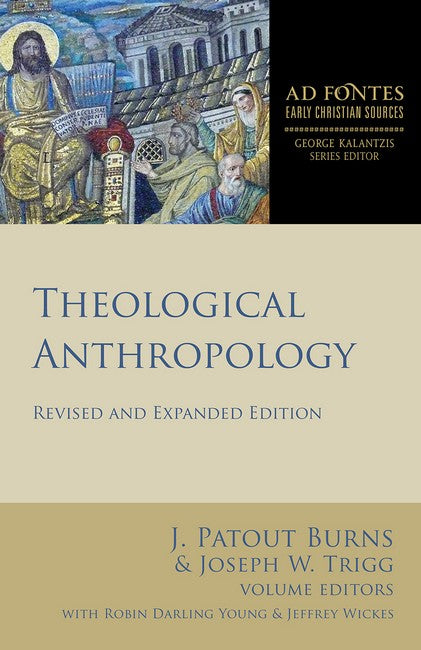Theological Anthropology gathers and translates seminal texts from early Christianity that explore the diversity of theological approaches to the nature and ends of humanity. Readers will gain a sense of how early Christians conceived of and reflected upon humanity and human nature in different theological movements, including Platonism, Gnosticism, asceticism, Pelagianism, Augustinianism, and their legacies in late antiquity and the dawn of the Middle Ages. Theological Anthropology is part of Ad Fontes: Early Christian Sources, a series designed to present ancient Christian texts essential to an understanding of Christian theology, ecclesiology, and practice. The books in the series will make the wealth of early Christian thought available to new generations of students of theology and provide a valuable resource for the Church. Developed in light of recent Patristic scholarship, the volumes will provide a representative sampling of theological contributions from both East and West. The series aims to provide volumes that are relevant for a variety of courses: from introduction to theology to classes on doctrine and the development of Christian thought. The goal of each volume is not to be exhaustive, but rather representative enough to denote for a non-specialist audience the multivalent character of early Christian thought, allowing readers to see how and why early Christian doctrine and practice developed the way it did.

